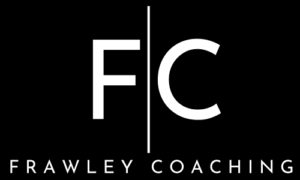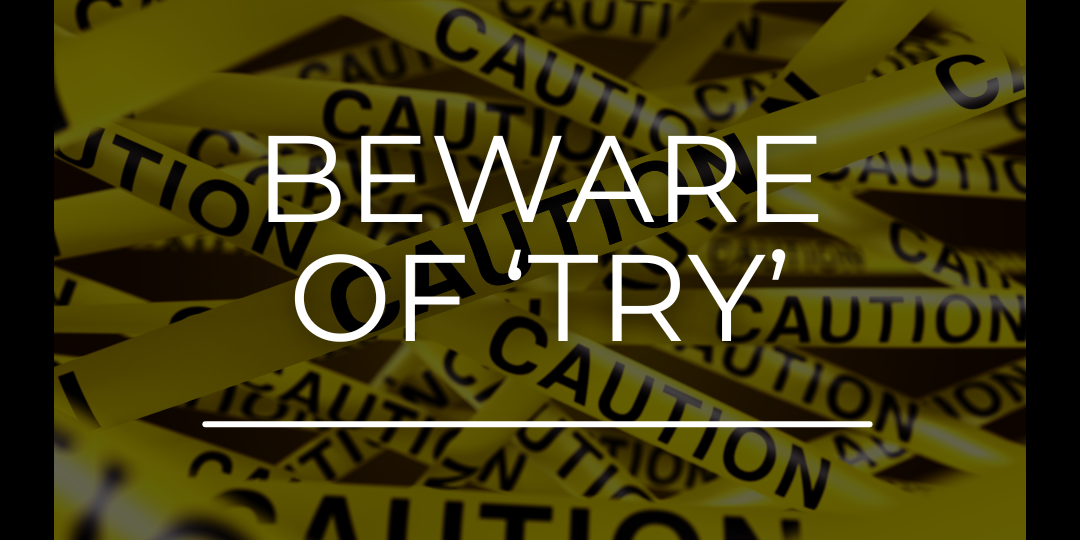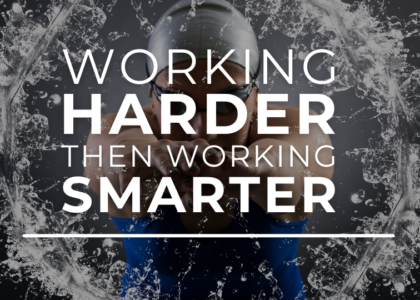3/39/24
Happy Friday, Friends! Welcome back to the MN winter! I hope you traveled safely this week during the ice and snow, and I hope those of you returning from Spring Break had a wonderful and restive time.
Let’s get into it.
I’m about to say something that is going to make many people, including me, kind of uncomfortable.
The word “try” is baloney.
Yep. I said it.
When you are setting your goals, do you ever find yourself using the word try? Yep. I do too, and today I am declaring it to the universe and putting it out into the ether that I will be more purposeful with this word, and I encourage you to do so too.
Now hear me out.
When setting goals and making plans and mapping dreams, using the word try in relation to your future actions is fundamentally flawed, because when you say you’re going to try to do something, you’re essentially saying that you’re going to make an attempt at something. You’re essentially going to experiment with something. You’re essentially telling yourself that you might not do it.
Without conviction, you will sell yourself short.
As a coach, when I hear the word try, it indicates one of two things: lack of attachment or lack of clarity.
Lack of Attachment
New agents especially fall prey to the mentality that they need to experiment with tactics and measures in hopes of discovering the secret sauce or the golden ticket of running their business. Veteran agents, including myself, aren’t immune to the appeal of possibly hacking the system or finding the easy button.
Do either of these statements sound familiar to you you?
“I’m going to try to farm my neighborhood.“ You know how this usually ends up. The agent will send out a mailer or two, or they knock on some doors or ten, and when no results come of it, they give up.
“I’m going to try to meet Buyers at open houses.“ This often results in hosting a few opens, gaining little traction, and phoning it in. Without a solid follow-up plan, fine tuned scripts and capture techniques, nobody will succeed with open houses.
Lack of Clarity
Sometimes we don’t even know what we’re committing to. The above statements apply to clarity as well. We don’t always know what it takes to do what we need to do. We often see the success other people are achieving and we think we might do what they’re doing, but we don’t always know what they’re actually doing, do we? We might see an agent with an incredibly successful farm and we say to ourselves: “I’d like to try that too.” What we don’t realize is that the agent has been consistently and aggressively interacting with their farm for years. We might see someone who converts an average of ten buyers a month at open houses, so we think we might try to do that too. What we don’t know is that agent has a cast-iron follow up plan for visitors, they practice their conversation models daily, and they host more than two opens a week in order to hit their metric.
In Sum…
I write this today because I’ve just finished setting up my own goals for the second quarter of 2024, and I caught myself using the word try. I had this huge epiphany about the context and possible pitfalls of using this word when stating my intentions. I’m not saying that this word is a no-no to use, however we need to be aware of our own context. Let’s explore the use of the word and see where it is actually useful:
“I’d like to try a new pasta.” Valid. I might decide it tastes terrible and never want it in my face again.
“I’d like to try my hand a pickleball.” This is an actual sentence that came out of my mouth during spring break last week.
“I’d like to try door knocking.” WRONG. If I don’t have a solid understanding of this resolution and I am not 100% dedicated to see this commitment through, this attempt will be a waste of my time.
This is your official reminder from Linsey Megan Frawley that you are worth your convictions and you are worth more than the word try. Do your best and I trust that you will absolutely CRUSH your goals in April.
Onward,
Coach Lins





